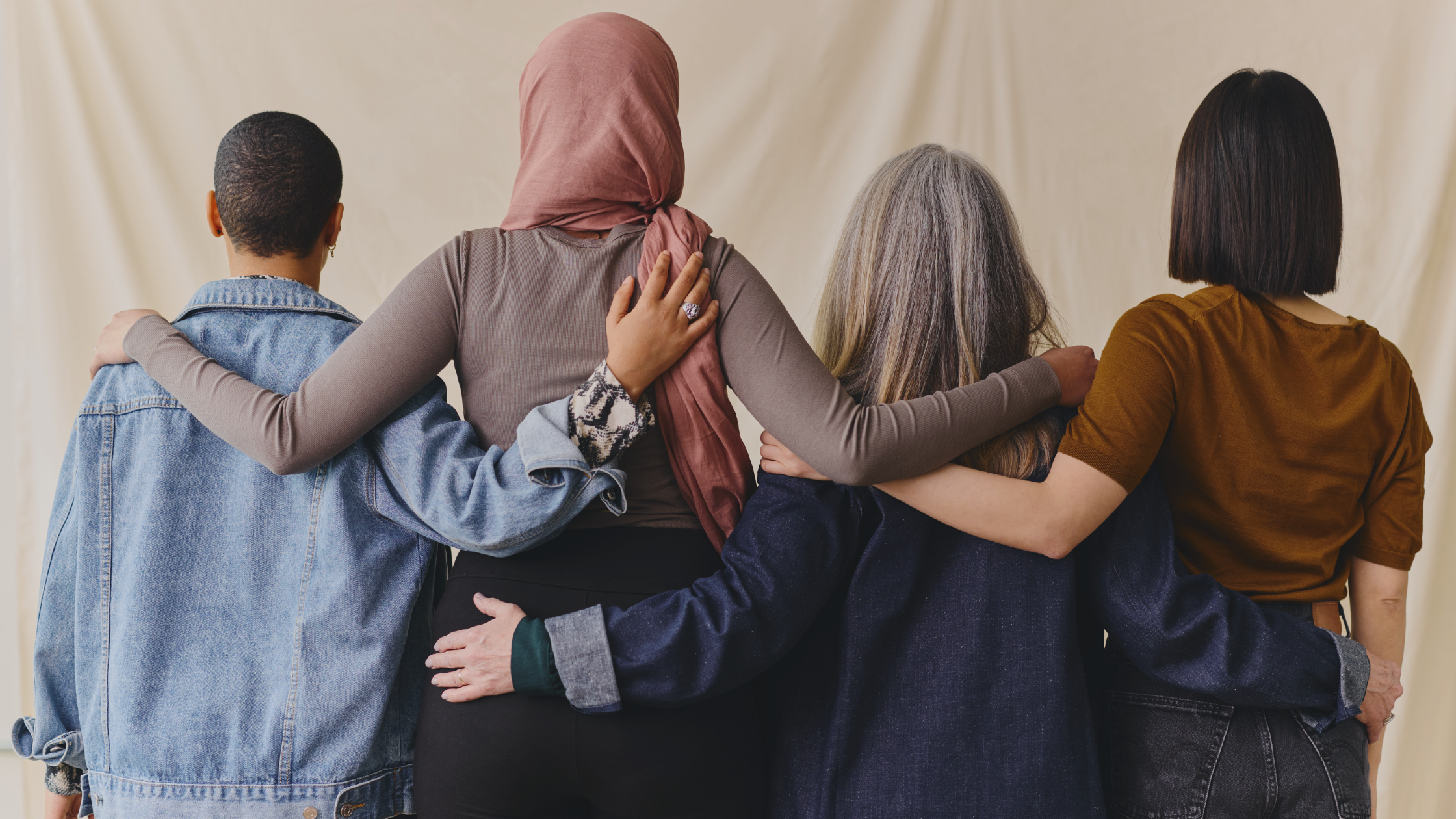 As the summer continues to quickly pass us by, we want to hit pause and honor July, which is Bebe Moore Campbell National Minority Mental Health Awareness Month. This month is meant to shine a spotlight on the stigma and barriers to care faced by BIPOC people seeking mental health treatment and to honor and celebrate steps forward in mental health outcomes. Its namesake, Bebe Moore Campbell, was an American writer, teacher, and mental health advocate who used her well-honed skill of storytelling, paired with political action and community resourcing, to bring awareness to the mental health challenges faced specifically by BIPOC people in the US.
As the summer continues to quickly pass us by, we want to hit pause and honor July, which is Bebe Moore Campbell National Minority Mental Health Awareness Month. This month is meant to shine a spotlight on the stigma and barriers to care faced by BIPOC people seeking mental health treatment and to honor and celebrate steps forward in mental health outcomes. Its namesake, Bebe Moore Campbell, was an American writer, teacher, and mental health advocate who used her well-honed skill of storytelling, paired with political action and community resourcing, to bring awareness to the mental health challenges faced specifically by BIPOC people in the US.
Before a month was named in her memory, Bebe was a parent who struggled to access adequate support and help for her daughter who lived with bipolar disorder. As Bebe navigated her family situation, she didn’t just see one person struggling but saw a larger systemic issue that was impacting not just her daughter’s access to culturally competent care, but access for communities of color at large. In response, she co-founded the National Alliance on Mental Illness Inglewood, which later became NAMI Urban Los Angeles, to provide multilingual and multicultural care for the diverse local community. She wrote multiple books, including “The 72-Hour Hold” and “Sometimes My Mommy Gets Angry,” which normalize mental health struggles, note the harms of racism, and celebrate the power of community.
To recognize and honor her efforts and legacy after her passing, in 2008 the Bebe Moore Campbell National Minority Mental Health Awareness Month was given its name. This July, in honor of Bebe’s impacts on the mental health movement as a whole, we are all empowered to examine our lives and our communities to see where we can move the needle for mental health access. We encourage you to start where you are, right in your own organization.
Join or Start a Movement within your Organization
Not sure where to start? Here are some pointers:
- Start with you: Gain an understanding of how stigma, cultural norms, and biases impact your own identities and those who hold different ones than you. Be aware of the myths or false beliefs you may be holding about mental health challenges (This list is a helpful place to start.), and where they may show up in your work life and beyond.
- Have the conversation: While educating yourself is an important first step, conversations around mental health challenges and treatment are a crucial tool in combating stigma. Use this helpful resource to start a conversation with family, friends, and colleagues. Share this comprehensive resource list via your company email. Of course, mental health can be a difficult topic to discuss, so please honor others’ boundaries if they don’t want to open up. You can still model transparency, especially if you are a leader within your organization.
- Examine the work you do: Take some time to think or journal about the work you do. Who are your colleagues? What is your collective mission? Who do you serve or seek to serve? Where are you uniquely positioned to make an impact on BIPOC mental healthcare access? Maybe you can coordinate a community partnership, write a blog post, lead a fundraising or community outreach campaign, or something else. Find the place where you and your organization can have the most impact and focus there.
- Practice allyship: If you are not a BIPOC person, you can still show up as an ally. And if you are a BIPOC person but hold privilege based on your gender, class, or other identities, you can still be an ally to those who hold less privilege than you. Mental Health America has a robust list of actions that individuals and organizations can take to move the needle for BIPOC mental health.
When looking at a systemic issue like barriers to care for BIPOC individuals and communities, it’s easy to get overwhelmed or feel like there is nothing we can do as individuals to make a difference. Bebe Moore Campbell shows us that one person can start a movement that grows to have an immeasurable impact. In her honor, let’s work towards a future where mental healthcare is accessible and stigma-free for all.








